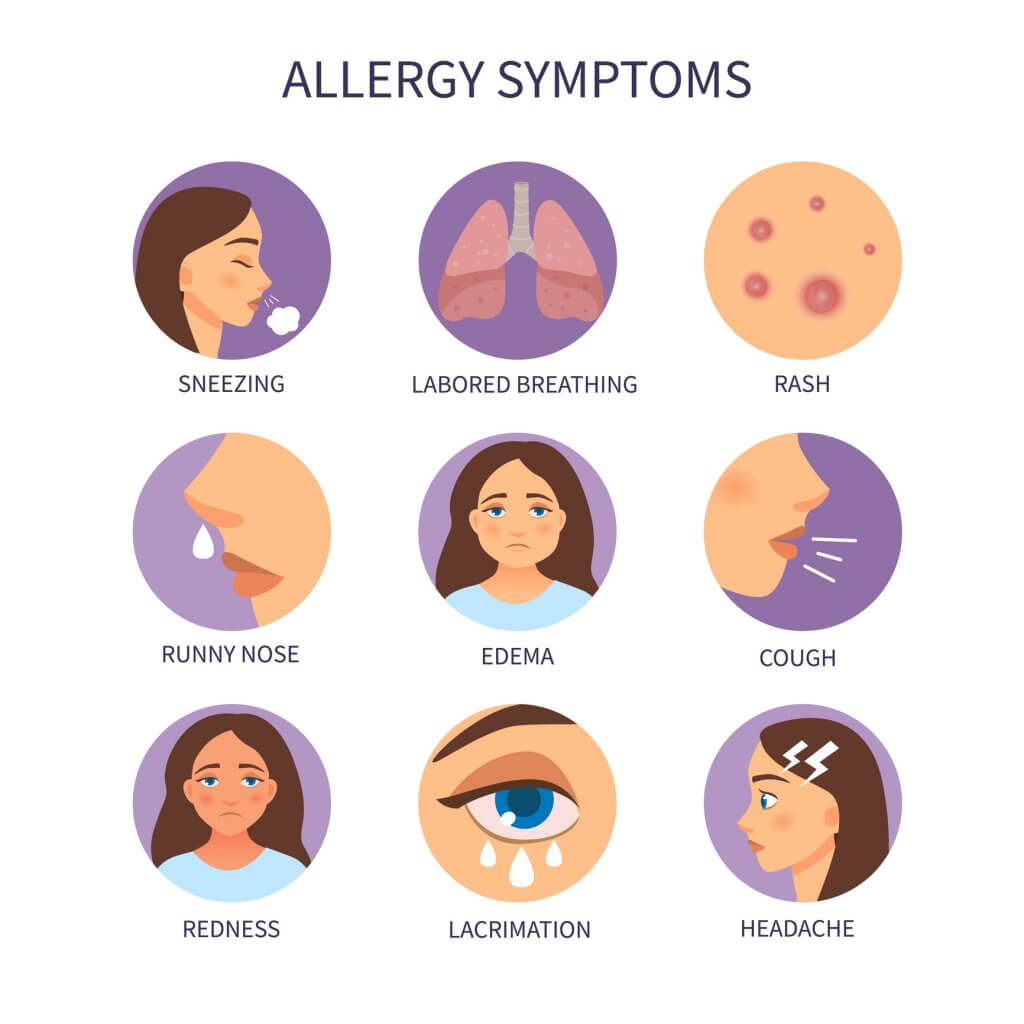May is Asthma and Allergy Awareness month, and the first thing you need to know is that getting your asthma under control, while challenging, isn’t as hard as you may think. Asthma prevalence in the United States is at an all-time high, with 26 million people – including 7 million children – suffering from the disease. But with the right measures in place, people can control their asthma and reduce or stop their symptoms.
“Nobody wants to end up in the emergency room or in a hospital bed because their asthma symptoms aren’t controlled and they can’t breathe,” says Allergy and Clinical “Unfortunately, hospital visits are all too common for asthma sufferers because they aren’t aware of simple measures that can keep them on track. Not only is uncontrolled asthma more dangerous, it’s far more costly.”
Allergy and Clinical has put together this list of facts to help you understand how you can not only achieve better outcomes with your asthma, but also start breathing easier.
 Control your asthma, control your life – Asthma sufferers may not realize that getting their symptoms under control can improve their overall health. Controlled asthma means:
Control your asthma, control your life – Asthma sufferers may not realize that getting their symptoms under control can improve their overall health. Controlled asthma means:
- No or fewer asthma symptoms even at night or after exercise.
- Prevention of all or most asthma attacks.
- Participation in all activities, including exercise.
- No emergency room visits or hospital stays.
- Less need for quick-relief medicines.
- Minimize side effects from asthma medications.
Immunotherapy (allergy shots) can help asthma – Immunotherapy can reduce sensitivity to the allergens that trigger asthma attacks and significantly reduce the severity of the disease. It might even prevent the development of asthma in some children with seasonal allergies.
Each person with asthma is unique – and so are their symptoms – Asthma is complex, and exists in a variety of forms, including allergic asthma, exercise-induced asthma and work-related asthma. Each type can have different symptoms and triggers, and each requires a different approach to diagnosis and treatment.
Allergists are specially trained to treat every kind of asthma – Many people with asthma don’t know that an allergist is specially trained to create an asthma plan that will work for your unique set of triggers and symptoms. An allergist will partner with you to ensure proper use of long-term controller medications and avoid over-reliance on quick-relief medications.
According to the newly updated ACAAI Asthma Management and the Allergist: Better Outcomes at Lower Cost, asthma care provided by allergists is associated with better patient outcomes across a range of important markers. Compared to care provided by generalists, patients getting care from an allergist have fewer hospitalizations and emergency room visits, higher ratings for the quality of care, fewer restrictions in activities and improved physical functioning. The ACAAI Scope and Impact of the Asthma Epidemic infographic contains valuable asthma management information.
If you think you might be one of the more than 50 million Americans that suffer from allergies and asthma, contact Allergy and Clinical Immunology Associates today!